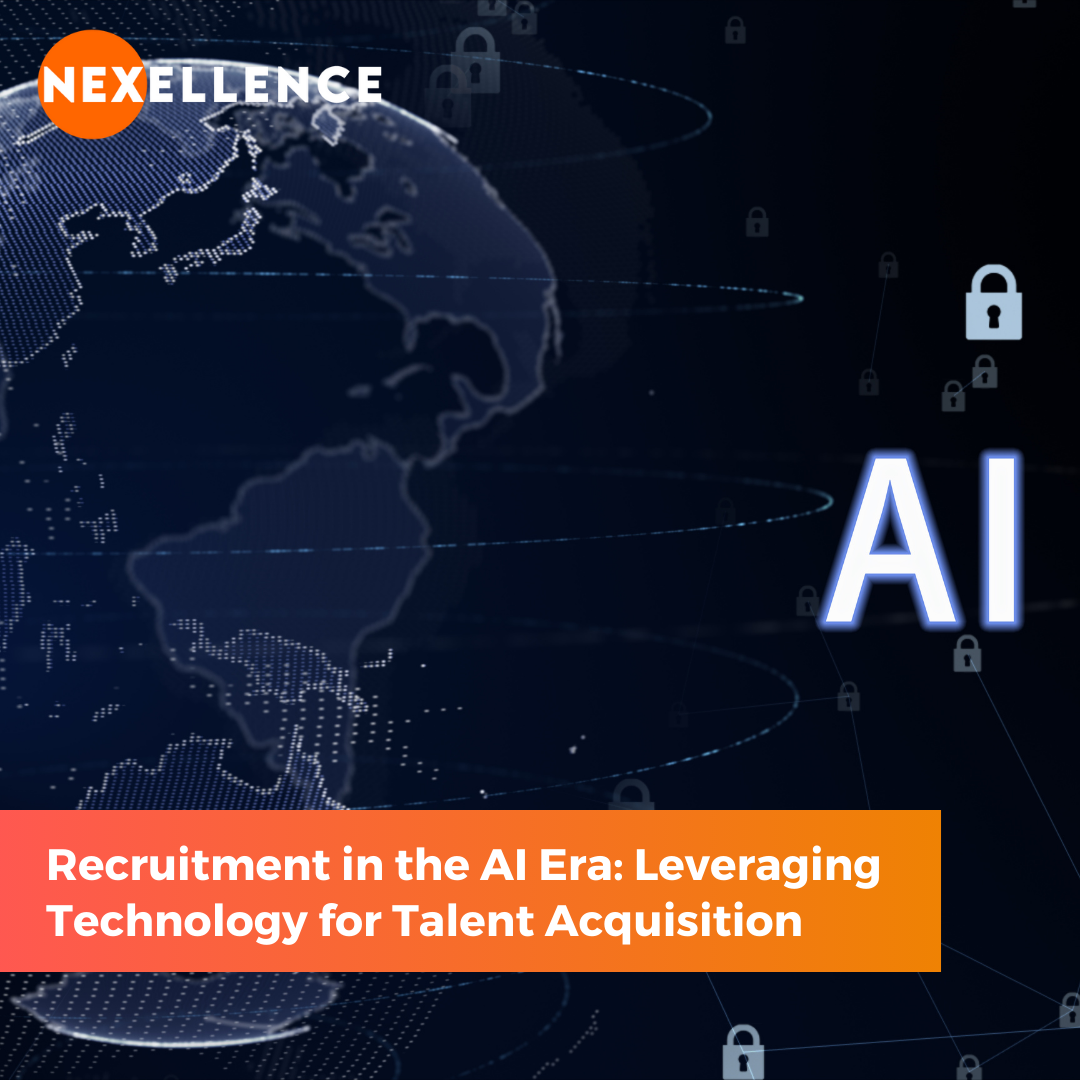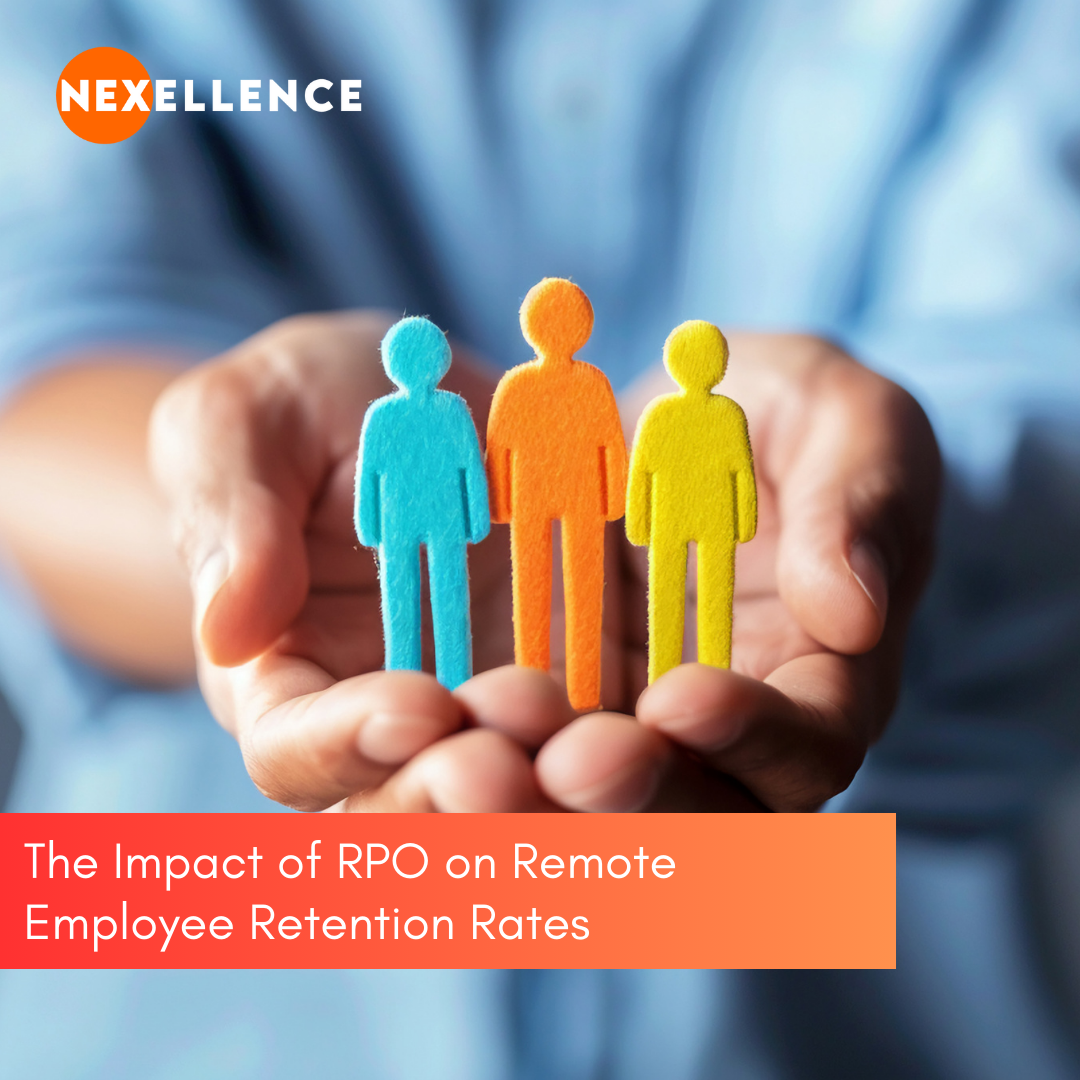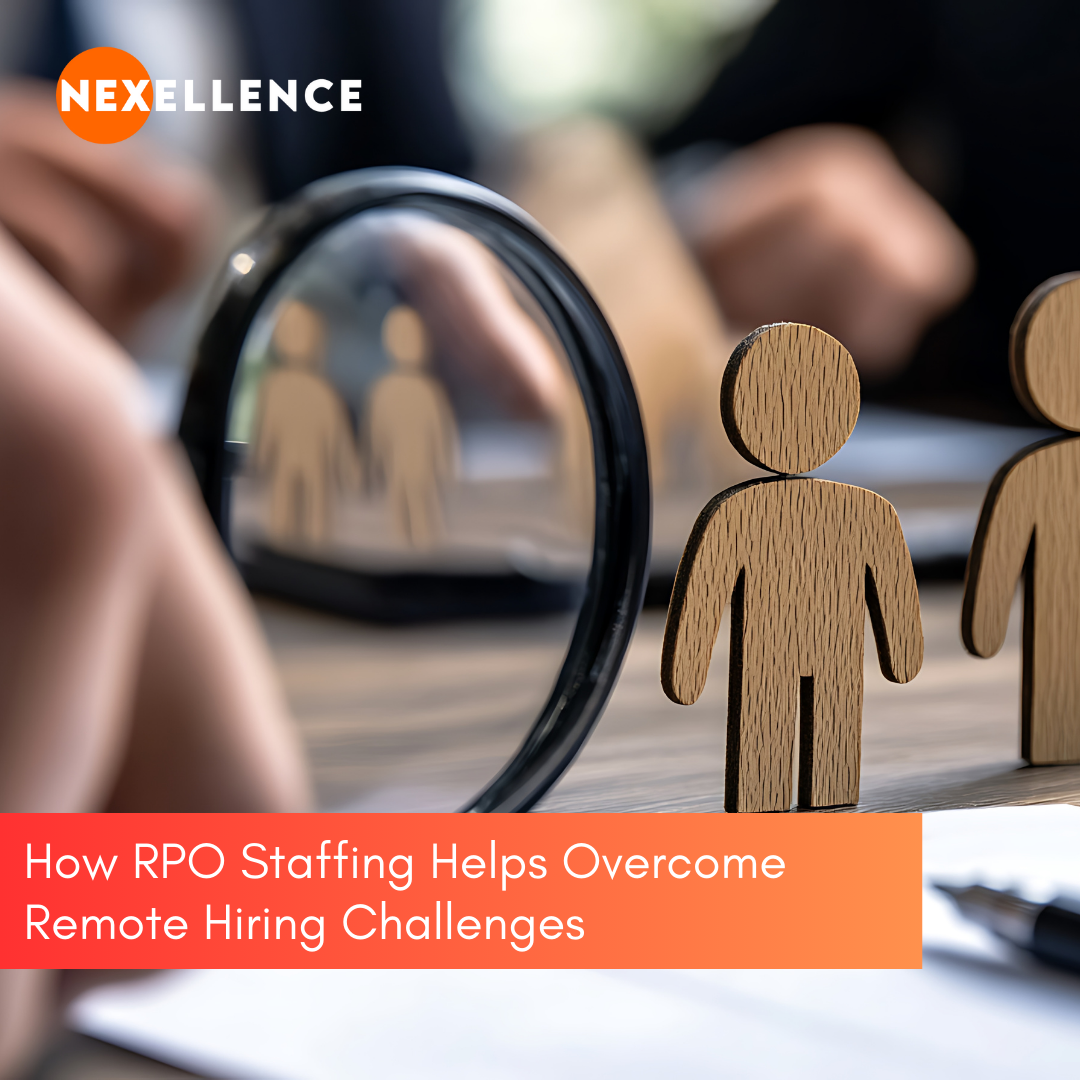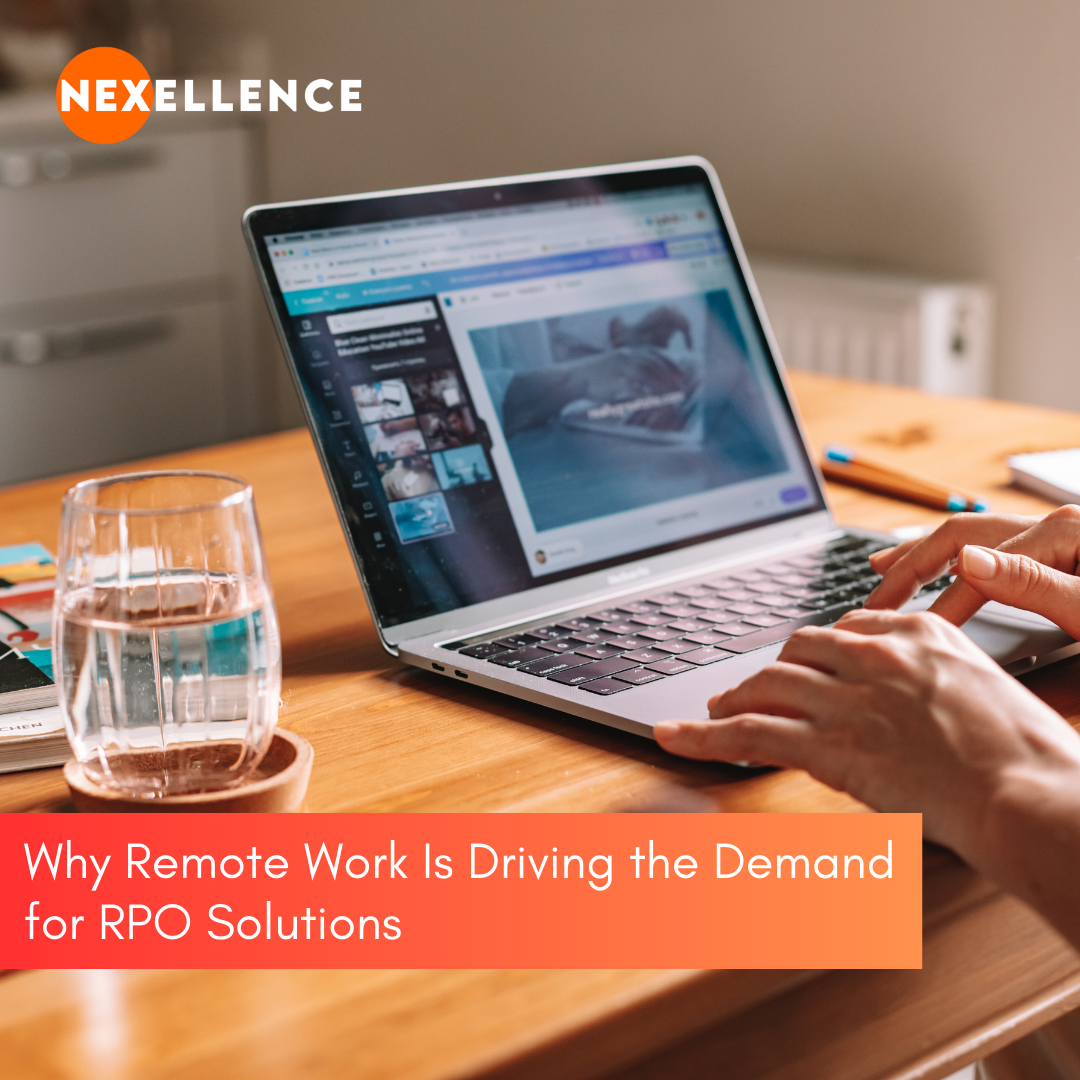In the rapidly evolving landscape of talent acquisition, artificial intelligence (AI) has emerged as a game-changer. With the advent of AI, recruitment processes have become more efficient, precise, and candidate-friendly. This blog explores how AI is revolutionizing recruitment and how organizations can leverage this technology to attract and retain top talent.
The Evolution of Recruitment
Traditional recruitment methods, while still in use, often involve time-consuming processes such as manually sifting through resumes, scheduling interviews, and conducting initial screenings. These tasks are not only labor-intensive but also prone to human error and bias. The introduction of AI into the recruitment process addresses many of these challenges by automating repetitive tasks, providing data-driven insights, and enhancing the overall candidate experience.
How AI is Transforming Talent Acquisition
1. Automating Resume Screening
One of the most time-consuming aspects of recruitment is screening resumes. AI-powered tools can scan thousands of resumes in a fraction of the time it takes a human recruiter. These tools use natural language processing (NLP) to understand and match keywords, experience, and qualifications, significantly reducing the time spent on this initial stage and allowing recruiters to focus on more strategic tasks.
2. Enhancing Candidate Sourcing
AI can help recruiters find the right candidates more effectively. AI-driven platforms can scour social media, professional networks, and online job boards to identify potential candidates who match the job requirements. This proactive approach ensures a broader and more diverse pool of candidates, increasing the chances of finding the perfect fit for the role.
3. Improving Candidate Engagement
Engaging with candidates throughout the recruitment process is crucial for a positive candidate experience. AI chatbots can provide instant responses to candidate inquiries, schedule interviews, and even conduct preliminary assessments. These chatbots are available 24/7, ensuring that candidates receive timely and accurate information, thereby improving their overall experience.
4. Conducting Predictive Analytics
AI can analyze vast amounts of data to identify trends and predict outcomes. In recruitment, predictive analytics can assess a candidate’s potential for success within an organization. By analyzing factors such as past performance, skills, and cultural fit, AI can help recruiters make more informed decisions, leading to better hires and reduced turnover rates.
5. Reducing Bias in Recruitment
Unconscious bias can significantly impact hiring decisions. AI can help mitigate this by focusing on data and objective criteria rather than subjective judgments. By anonymizing applications and using algorithms designed to evaluate candidates based on skills and experience alone, AI can contribute to a more diverse and inclusive workforce.
6. Enhancing Onboarding Processes
AI is not limited to the hiring phase; it can also streamline onboarding. AI-powered onboarding platforms can provide new hires with personalized training programs, answer common questions, and facilitate the completion of necessary paperwork. This smooth transition helps new employees integrate into the company more quickly and effectively.
Best Practices for Leveraging AI in Recruitment
1. Invest in the Right Technology
Choosing the right AI tools is crucial. Look for solutions that integrate seamlessly with your existing HR systems and offer scalability to grow with your organization. Ensure that the technology you select is user-friendly and provides robust analytics capabilities.
2. Train Your Recruitment Team
Implementing AI in recruitment requires a shift in mindset and skills. Provide training for your recruitment team to ensure they understand how to use AI tools effectively. This training should cover both the technical aspects and the ethical considerations of using AI in recruitment.
3. Maintain a Human Touch
While AI can handle many aspects of recruitment, the human element remains vital. Ensure that AI complements rather than replaces human interaction. Personal connections, empathy, and cultural fit are areas where human judgment is indispensable.
4. Monitor and Optimize
Continuously monitor the performance of your AI tools and gather feedback from both candidates and recruiters. Use this data to optimize your processes and ensure that the technology remains aligned with your recruitment goals.
Conclusion
AI is revolutionizing talent acquisition by automating routine tasks, enhancing candidate sourcing and engagement, and providing data-driven insights. By leveraging AI, organizations can streamline their recruitment processes, reduce bias, and improve the overall candidate experience. As we move further into the AI era, the integration of these technologies will become increasingly essential for attracting and retaining top talent in a competitive job market. Embracing AI in recruitment is not just a technological upgrade; it is a strategic imperative for future-ready organizations.





